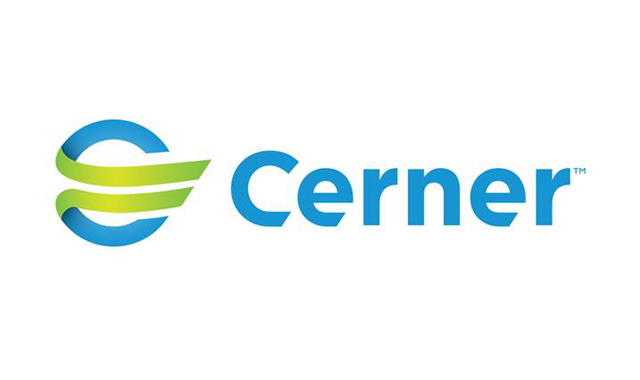NASHVILLE—Cerner Corp. President Zane Burke said Friday that connectivity between clinicians remains an issue despite about $30 billion spent by the federal government over the past five years to improve electronic health records technology at hospitals and physician offices.
Speaking at a luncheon panel of the Nashville Health Care Council, Burke said healthcare costs are higher than they would be if clinicians had real-time access to patient tests and data across providers and offices.
Ascension Health Senior VP Mike Schatzlein, who joined Burke for the event, said hospital executives and IT vendors will be coming to Nashville on April 14 to look for ways to standardize records infrastructure so medical devices and equipment can better communicate with one another.
That meeting is being organized by the Center for Medical Interoperability to promote private-sector solutions to the problem that government can ultimately support rather than direct, Schatzlein said. Center CEO Ed Cantwell moderated today’s panel.
Schatzlein, who oversees 40 hospitals for Ascension Health, said the government’s $30 billion electronic records initiative helped providers across the country improve their systems, but they still lack easy connectivity because they are built on disparate platforms developed by different vendors.
“We still didn’t get a national medical record,” he said.
Each panelist expressed doubt that the government would approve a national patient identifier program, which would allow records to follow the patient from provider to provider. The political and security obstacles are too significant, they agreed.
Instead, standard platforms akin to the Apple iPhone and Android would allow vendors such as Cerner to compete on clinical applications rather than infrastructure, Cantwell said.




















